
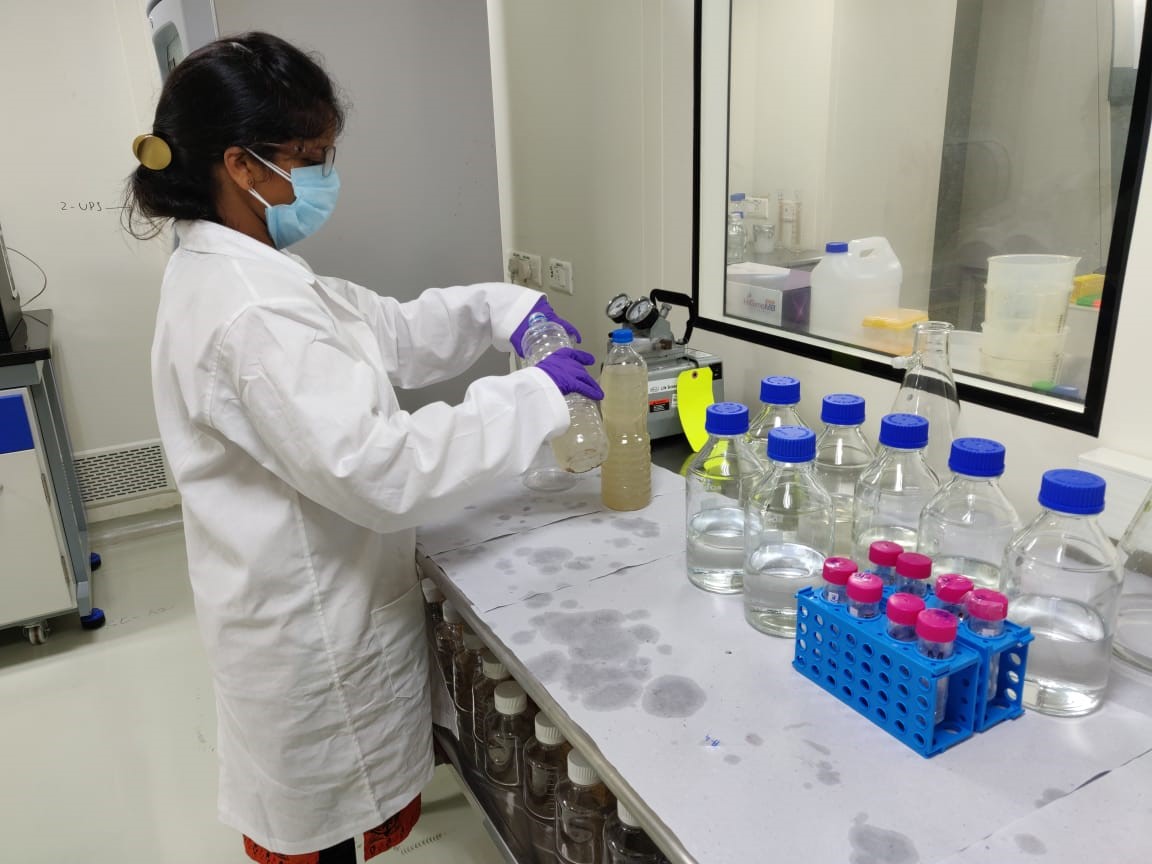
Centre for Cellular and Molecular Biology and Indian Institute of Chemical Technology in a joint study have harvested the sewage samples to estimate the number of potentially infected individuals in the city of Hyderabad.

Researchers at the Centre for Cellular and Molecular Biology have developed a new low-cost and low-tech required test for SARS-CoV-2 testing. This test is known as reverse transcription nested PCR test

Centre for Cellular and Molecular Biology (CCMB), Hyderabad has tied up with a Bengaluru-based company, Eyestem Research Private Limited, to take up research activities on COVID-19. Through this research collaboration, an attempt will be made to grow novel coronavirus in human cell lines, which will enable in vitro testing of potential drugs and vaccines against […]
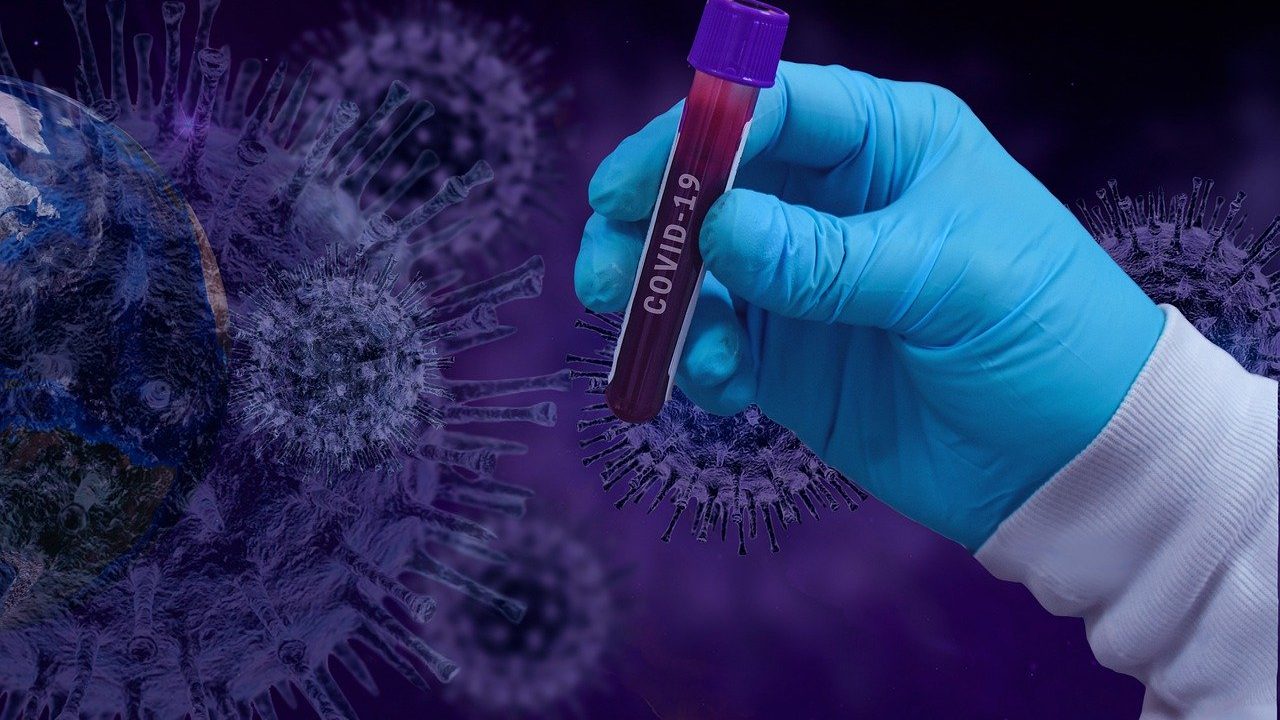

The Centre for Cellular and Molecular Biology and the Institute of Genetics and Integrated Biology, along with a few other institutions, are working for the digital and molecular surveillance of the spread of novel coronavirus to understand the biology, epidemiology and disease impact
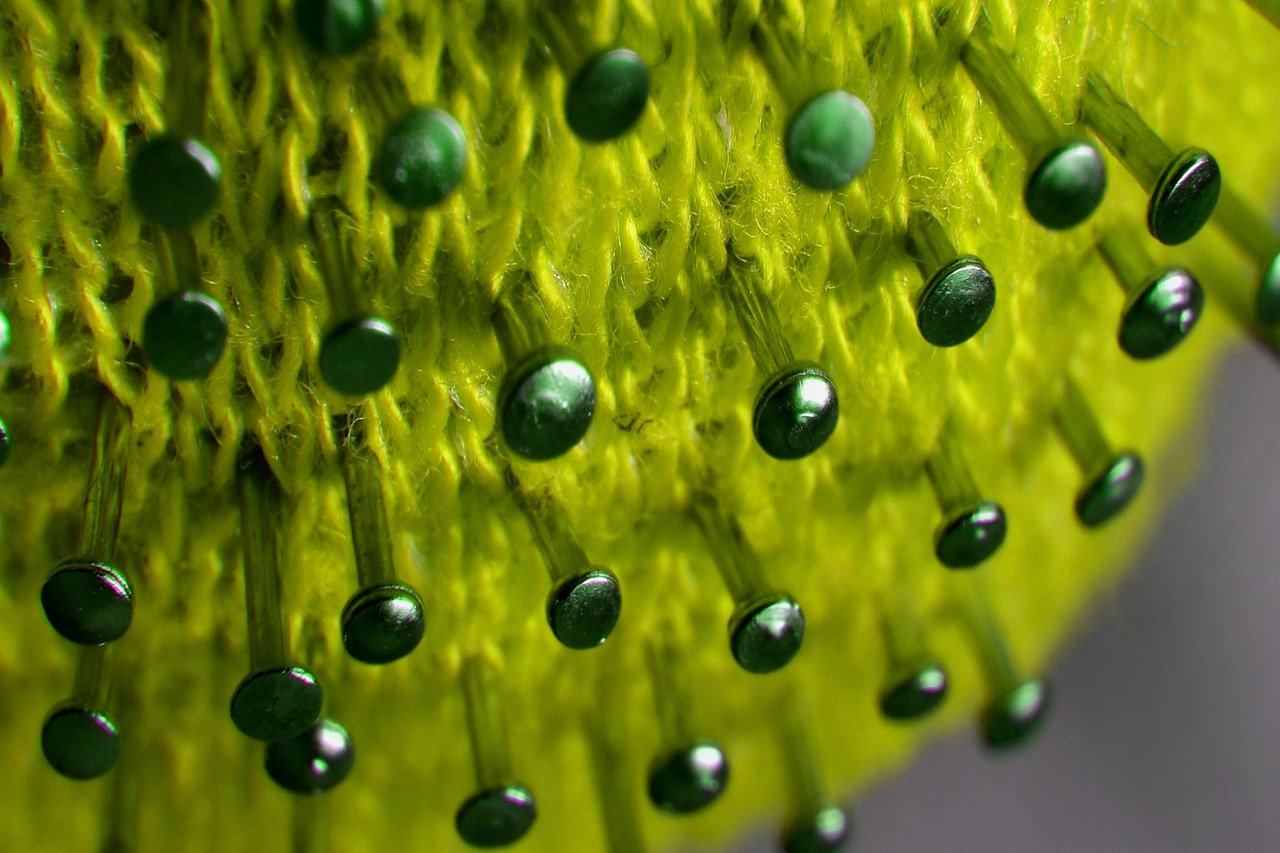
The Centre for Cellular and Molecular Biology, Hyderabad, and the Institute of Genomics and Integrative Biology have started working together on the whole-genome sequencing of the COVID-19 virus.

Researchers from India and the USA, who are working towards understanding the genetic basis of diseases among various ethnic populations from different parts of the world, participated in a workshop organized by CSIR-Centre for Cellular and Molecular Biology, Hyderabad.


Research laboratories working under the Council of Scientific and Industrial Research on Friday announced the completion of whole-genome sequencing of 1008 Indian individuals representing diverse ethnic groups in the country
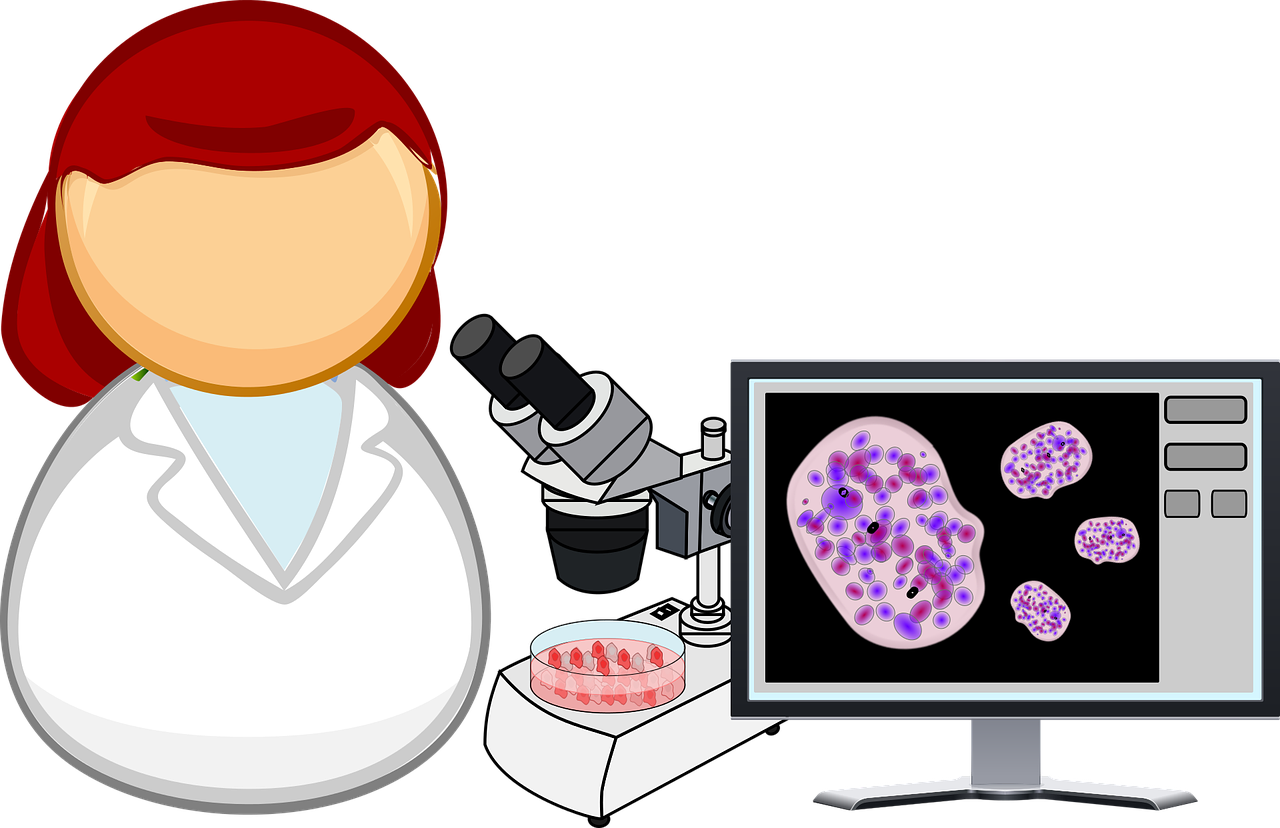
The traditional way of producing meat by slaughtering animals may be a matter of past in a few years as Indian scientists begin work on ‘cultured meat’ - meat made by cells extracted from animals
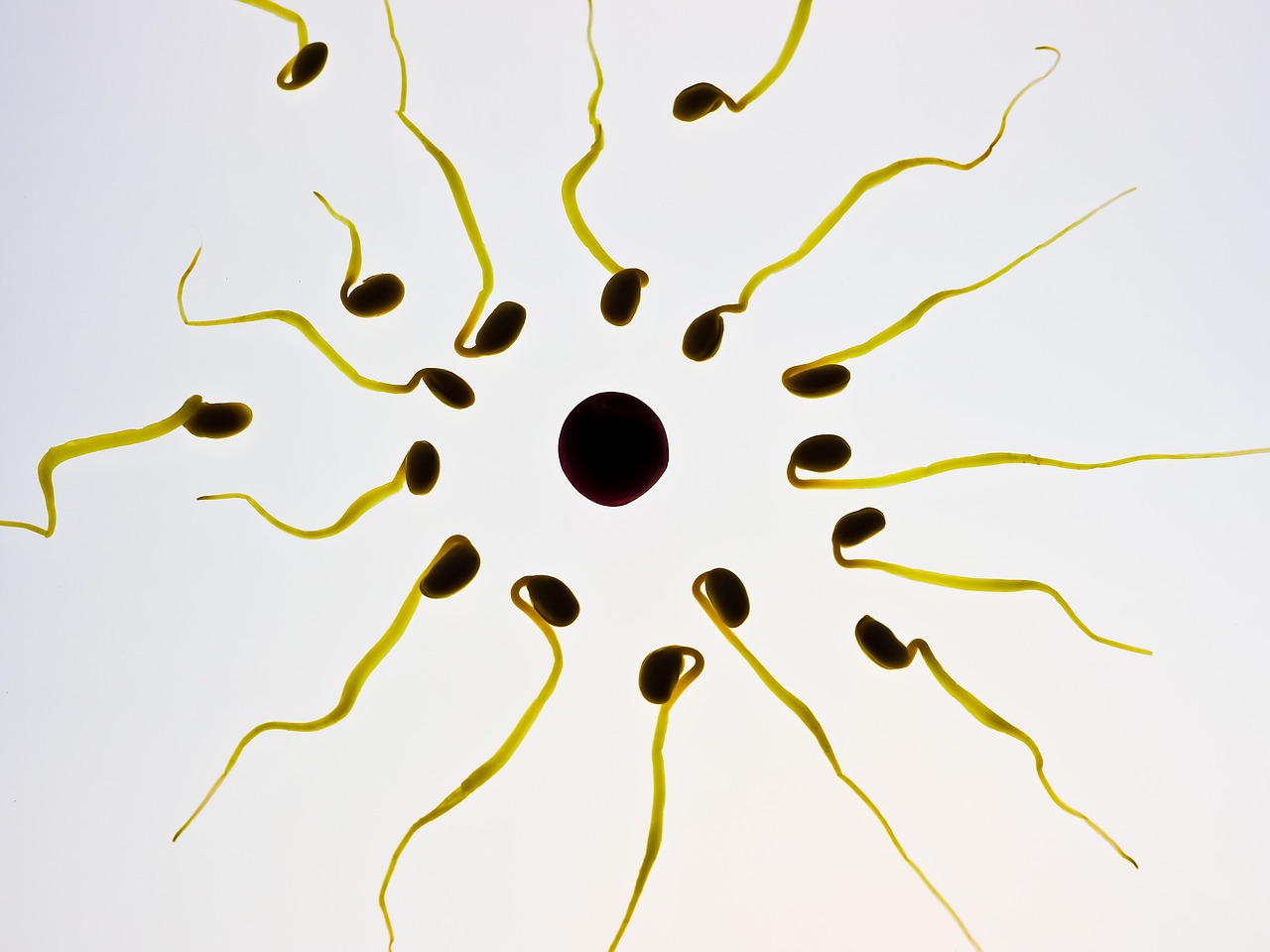
Scientists have found the location of such micro-deletions in the Y chromosome of Indian population groups. It has emerged that the deletions on the Y chromosome of infertile Indian men are vastly different from such deletions seen among men in other population groups
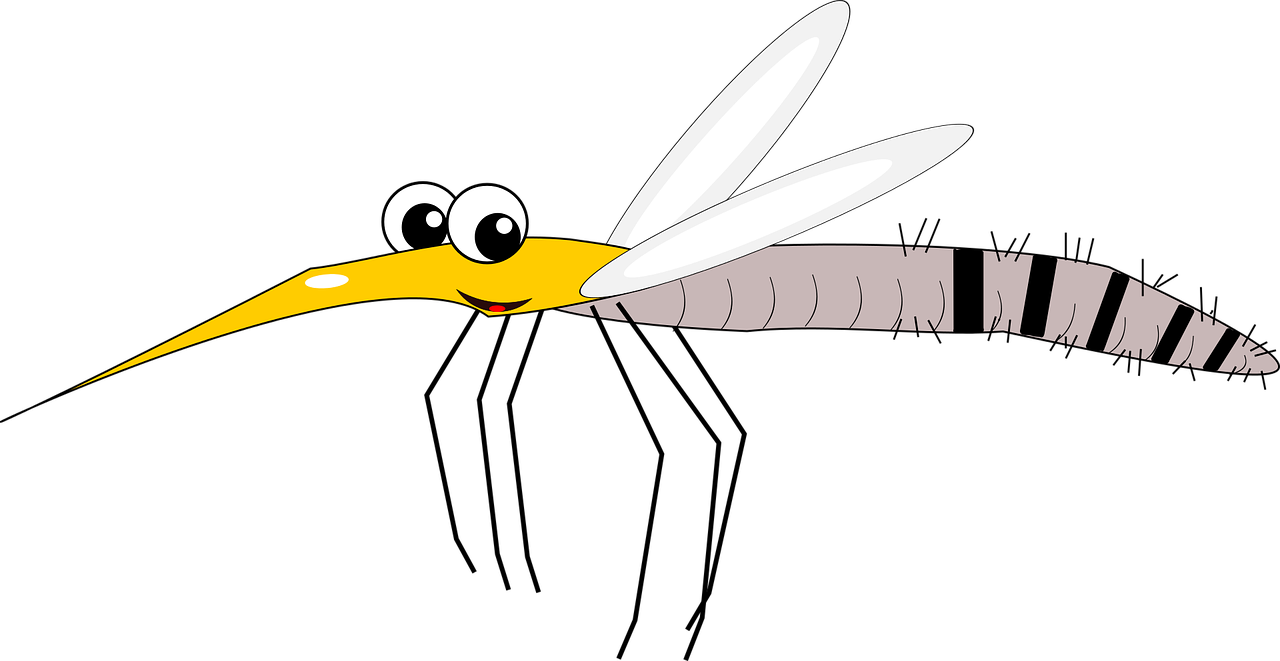

Diarrhea is normally caused by bacterial, viral or parasitic organisms. The disease could be prolonged or last for a few days. Provision of safe drinking water and use of improved sanitation and handwashing with soap can significantly reduce the risk of infection.

For years, scientists have been engaged in finding human genes associated with lifestyle diseases like diabetes and heart disease to know if certain population groups are prone to these disorders.
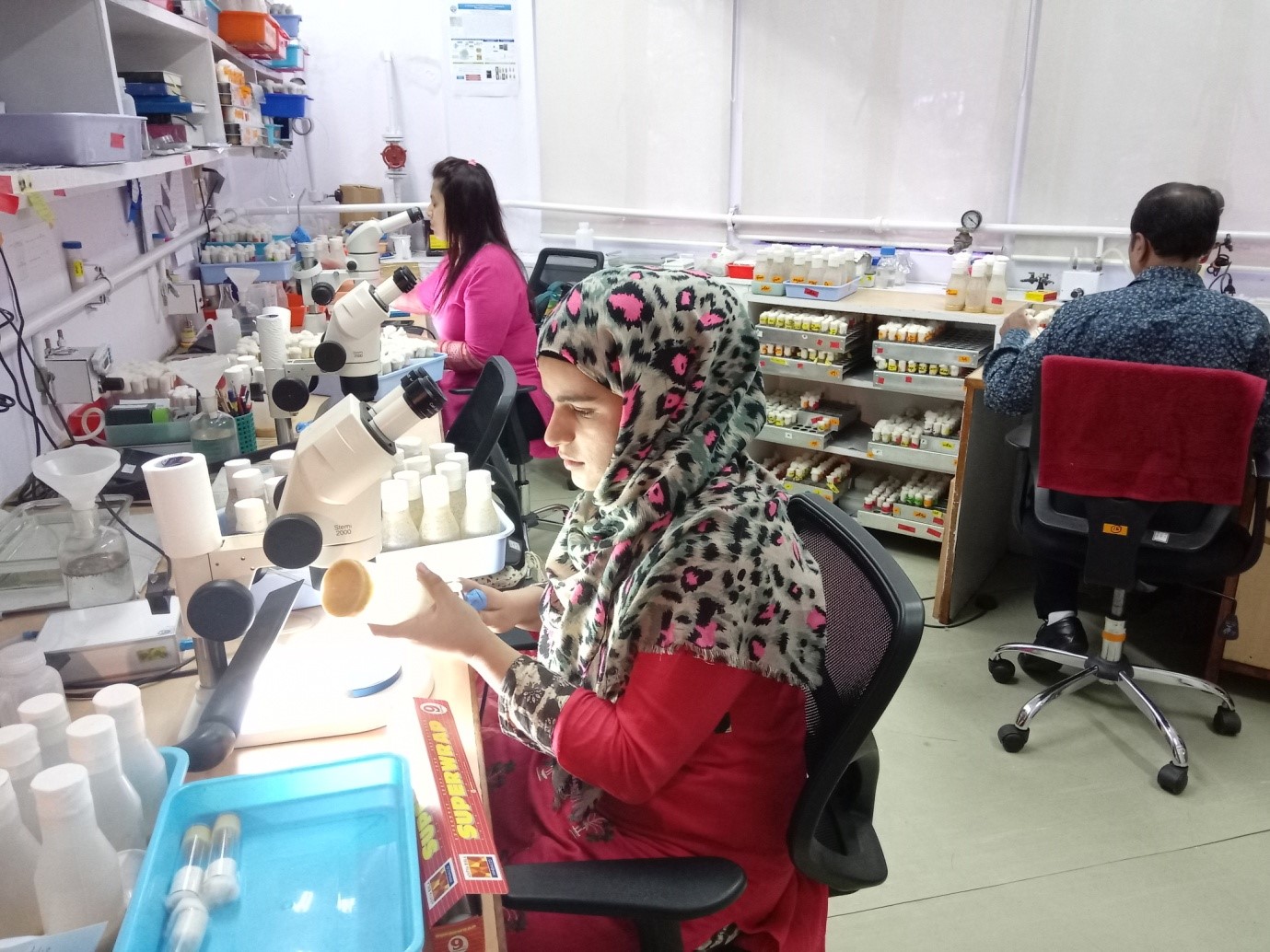
One size does not fit all. This applies to medicine, as much as for garments. Some medicines might work on some but not on others. The key to unraveling this secret lies in the uniqueness of cells of each one of us.
Internet is huge! Help us find great content
Never miss a thing! Sign up for our newsletter to stay updated.
Research Stash is a curated collection of tools and News for S.T.E.M researchers
Have any questions or want to partner with us? Reach us at hello@researchstash.com